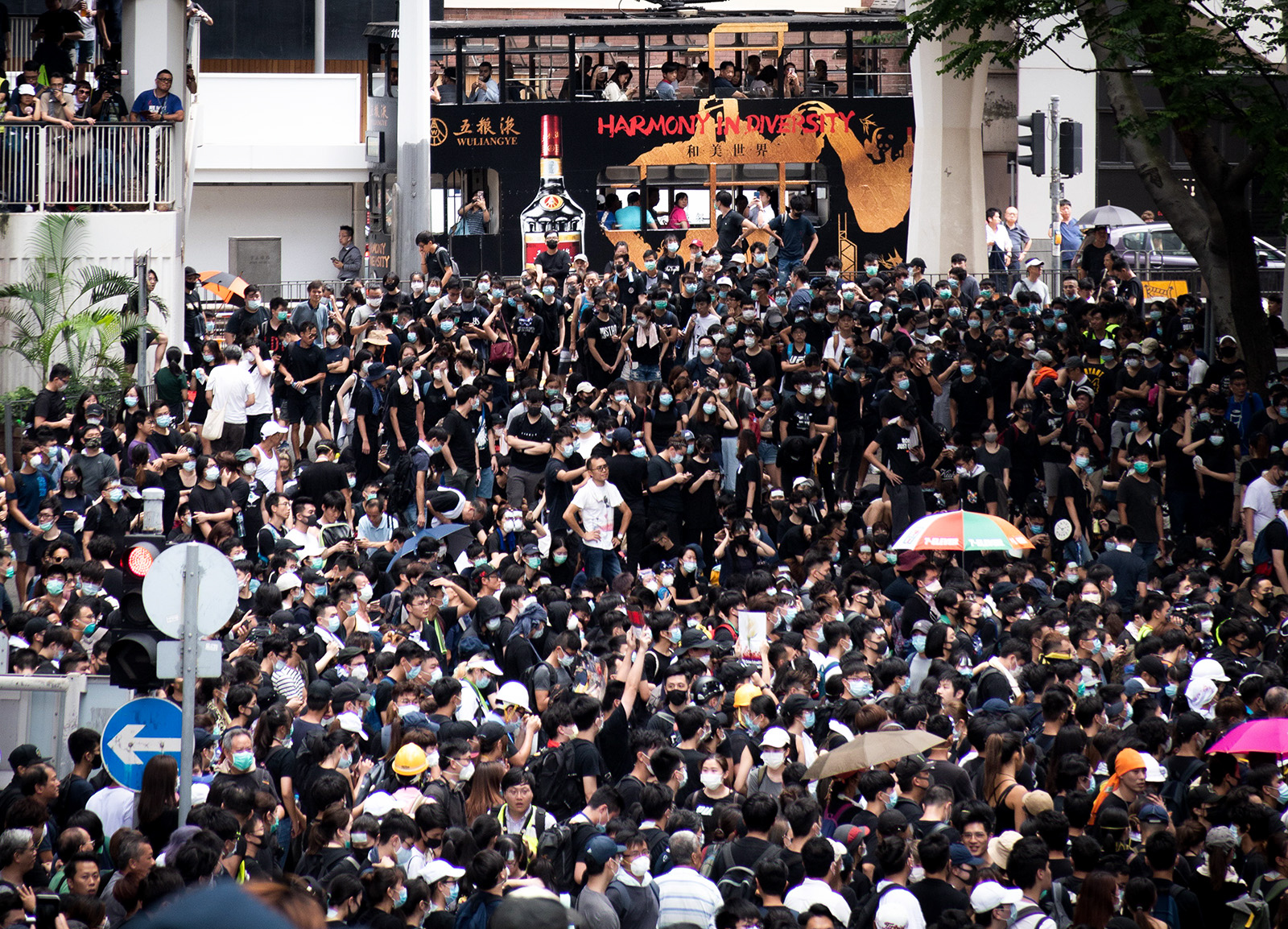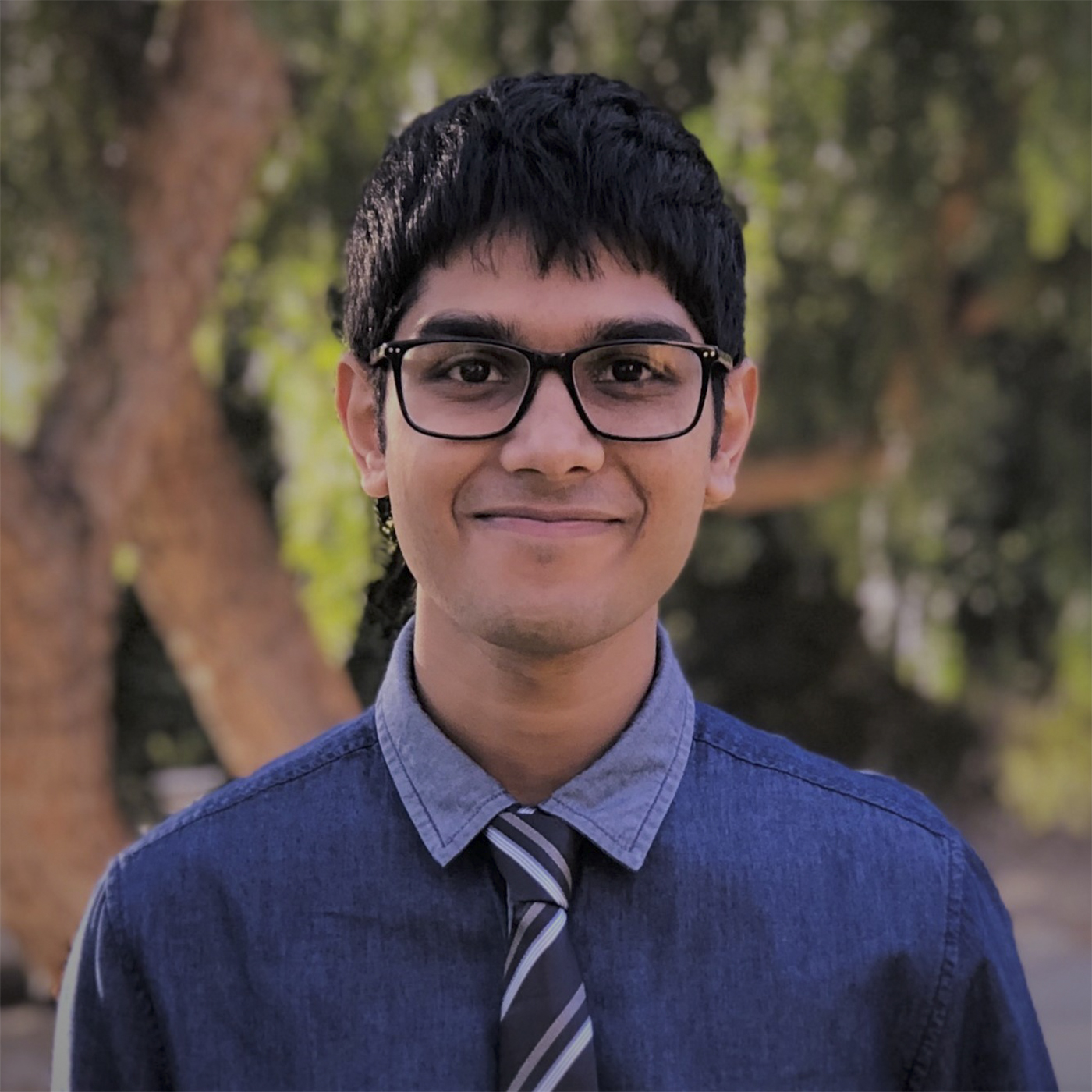Hong Kong study abroad program suspended following escalating university protests

An extradition bill first sparked widespread protests in Hong Kong in June, leading to violence between anti-government demonstrators and riot police. The bill, which has since been withdrawn, would have allowed the extradition of criminal defendants in Hong Kong to mainland China. (Lauren Man/Daily Bruin)

By Eshan Uniyal
Nov. 27, 2019 12:12 a.m.
The University of California suspended its study abroad program in Hong Kong for spring quarter, citing safety concerns amid escalating civil conflict in the city.
Violence between anti-government demonstrators and riot police spilled onto different Hong Kong university campuses two weeks ago, marking the first such escalation since an extradition bill sparked the widespread protests in June. The bill, which has since been withdrawn, would have allowed the extradition of criminal defendants in Hong Kong to mainland China.
“The fact that (the protests) have been escalating was a primary factor,” said Myla Edmond, director of marketing and communications at the University of California Education Abroad Program.
While the ongoing fall quarter program has not been suspended, UCEAP has strongly advised students currently in Hong Kong to return home, and the majority of students have elected to do so, Edmond said.
“Some of the universities were hit a little bit harder,” Edmond said. “It was impacting access points, and we didn’t know whether students would be able to get to the airport, leave the airport, have access to their housing. So, transportation was definitely a factor.”
Both protestors and police have occupied roads and bridges adjacent to several universities, and the government has periodically shut down vital transportation services, according to the New York Times.
Students who were planning to study abroad in Hong Kong in the spring were given the option to select another program or to remain at the UC, Edmond said.
Edmond said the spring program would remain suspended even if the situation were to improve, because it would be difficult for the program to be reinstated on short notice.
The UCEAP is working to manage any academic consequences for all UC students that elected to return home, Edmond said. UCEAP also offers a summer program in Hong Kong, but has not yet made a decision on whether it will also be suspended, she added.
UCEAP does not offer any winter programs.
The decision to suspend the spring program was made Nov. 12, the same day the Chinese University of Hong Kong – one of the three universities in UCEAP’s study abroad program – became a site of clashes between protestors and the police. The university has since canceled classes for the semester.
Veronica Rasmusen, a third-year psychobiology student at UCLA who attended the study abroad program at Hong Kong University of Science and Technology over the summer, said the university had not been as dangerous during the summer.
“The campus we were at in Hong Kong was pretty detached from the center of the city, so generally, even though there were large protests affecting the rest of the country and the public transportation systems were shut down everywhere, at the university we were generally fine (and) safe from that,” Rasmusen said.
HKUST has since seen the first student death of the conflict following a clash with the police.
Rasmusen commended the quality of the program and said she had a great learning experience.
“The classes were a bit harder than general UCLA classes, but we had a pretty small classroom environment,” Rasmusen said. “The professors were really really awesome, really concerned with our learning.”
Edward Chu, a fourth-year computer science student and Hong Kong resident, said he thinks UCEAP made the right decision.
“At the end of the day, the safety of students is definitely a priority,” Chu said. “I think it’s more than reasonable that they are suspending the program.”
Chu visited his family in Hong Kong for the first half of September, and observed that commuting was not an issue in most parts of the city.
“Life goes on in most parts of the city,” Chu said. “It’s mostly when you expect protests in an area, that’s when they shut down the metro station so people can’t get in or get out of protests, then police kind of (surround) the area.”
However, Chu also said the current situation, with police attacking and arresting people on campuses, is unprecedented in recent memory.
“In the past, the Hong Kong police has not escalated violence to the point where they would actually go into universities,” Chu said. “There’s cases where they tried to arrest people in universities, but not large-scale operations into universities like this. Most university students (are) very pro-protest, but there has never been an attack on universities and the right to assembly inside universities like this.”
Rasmusen also said she believes the situation will only get more violent and chaotic over time, and its unpredictable nature warrants the response from UCEAP.
“From my experience there, I really believe that the students there aren’t going to give up,” Rasmusen said.


